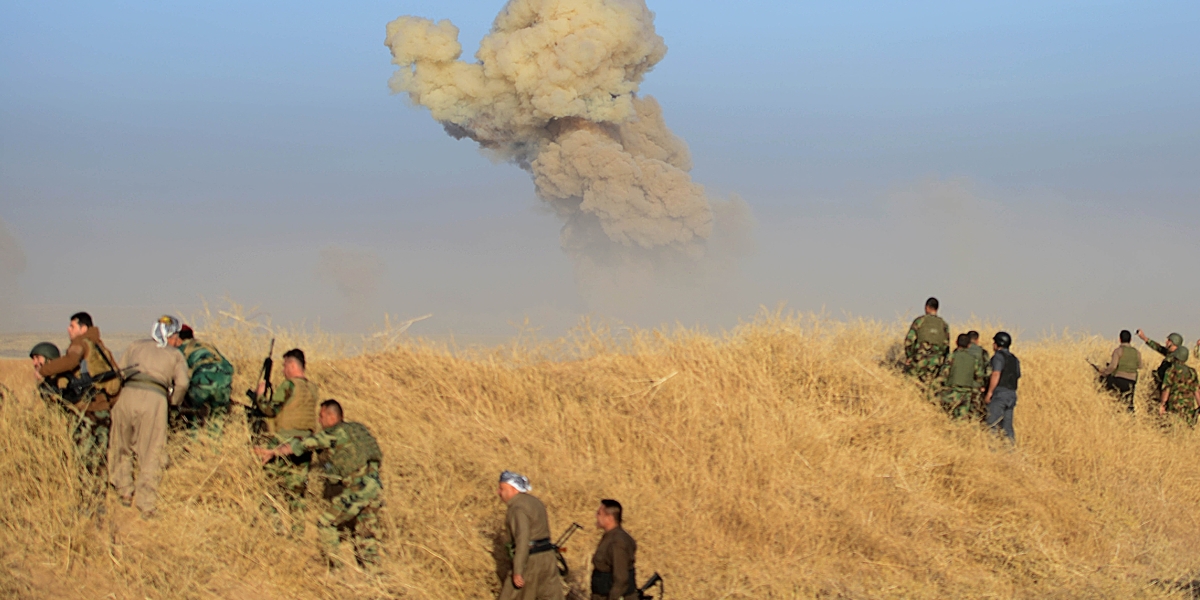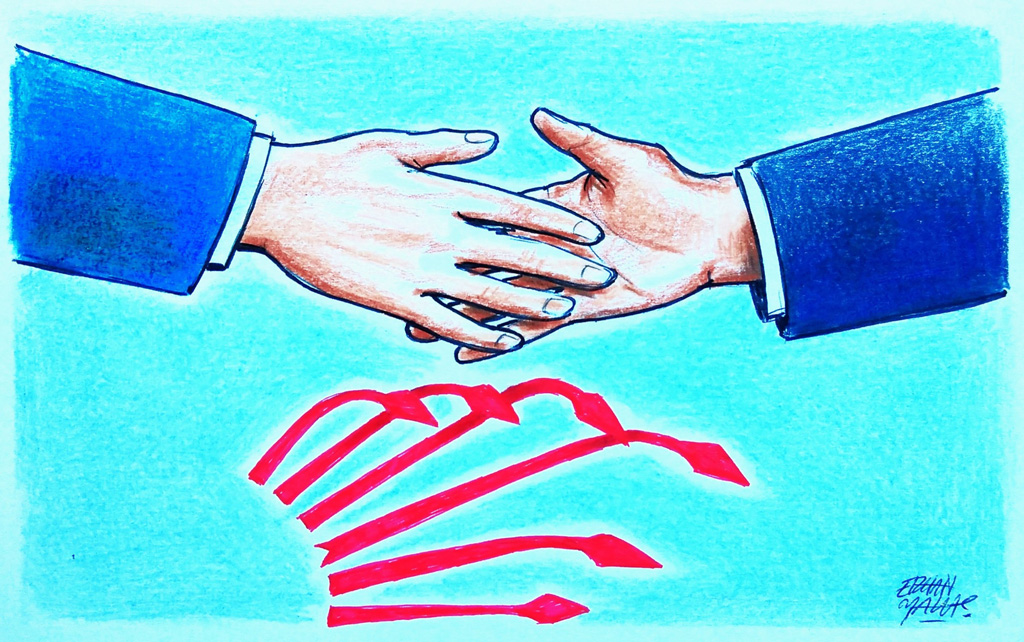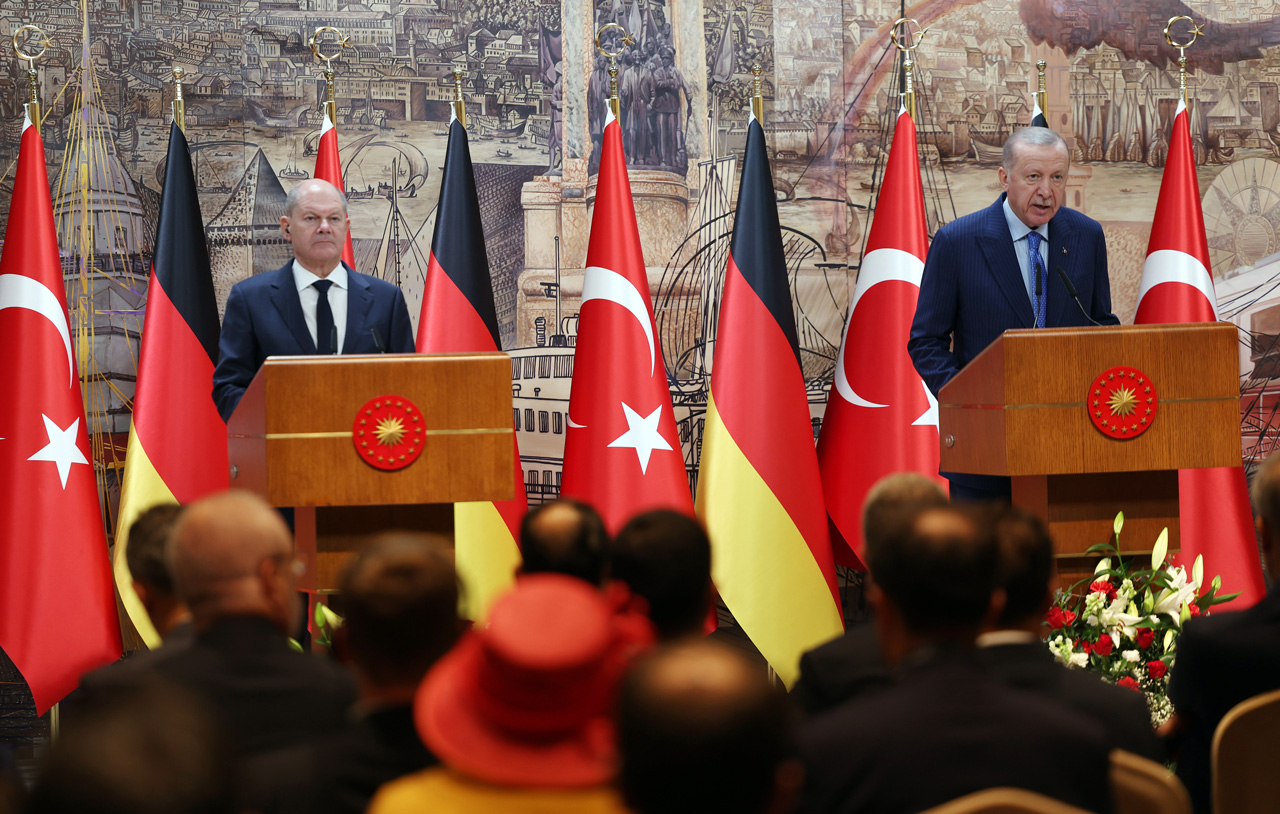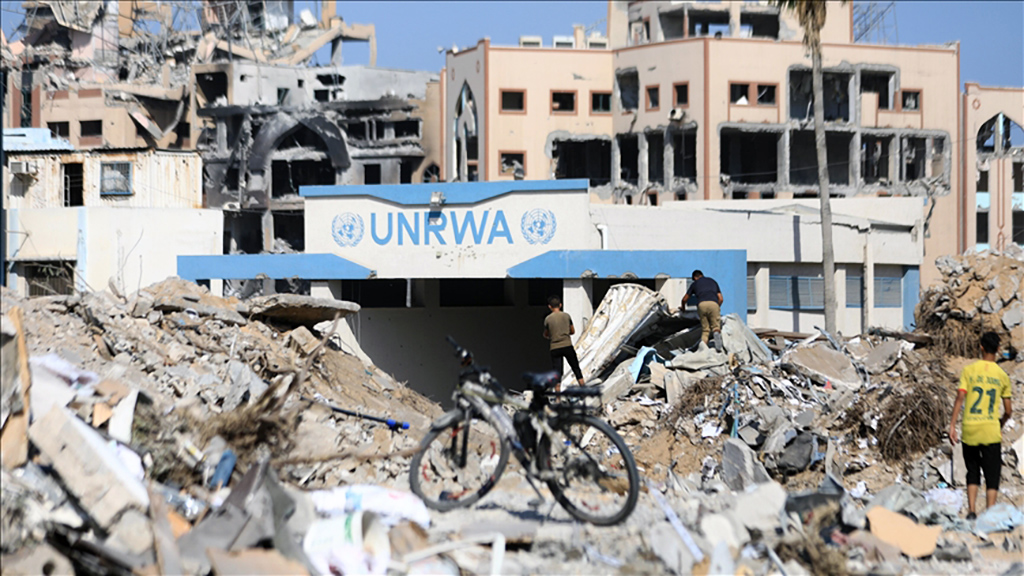The 2000s marked the beginning of a swift transformation for Turkey. Despite all criticisms, it is possible to say that Turkey is making domestic efforts for democratization and normalization and international efforts for an autonomy of sorts.
Until 2010, meaning until the Arab revolutions, Turkey's rate of change was much faster than the ongoing change in the areas surrounding it. In the aftermath of the Arab revolutions, Turkey's rate of change was less than that of its environment. However, while Turkey's rapid change until 2010 brought with it stability in the political scene and great growth in the economy, the speedy transformation to which the areas surrounding Turkey in the aftermath of the Arab revolutions were subjected brought nothing but instability, fragmentation and chaos. For the past six years, Turkey has been trying to protect itself from the adverse course of events surrounding it while also working on preserving its stability and safeguarding its economic growth.
Alongside this, Turkey has also been exposed to a low-intensity war since 2013. Beginning with the Gezi demonstrations, continuing with the interventions initiated by the deep state, the Gülenist Terror Group's (FETÖ) use of illegal power and becoming worse with the PKK's new wave of terror, the last circle in this low-intensity war's chain was the coup attempt on July 15. Turkey was able to pull through these attempted attacks by protecting its political stability, without damaging societal peace or making concessions on its economic growth. Moreover, the failed July 15 coup attempt allowed for the creation of an atmosphere of cohesive national unity, bases of alliance in the political realm and the start of a dynamic restructuring in state institutions.
Turkey was able to begin the transnational operations just 40 days after the July 15 coup attempt it had been unable to initiate for nearly three years. Operation Euphrates Shield achieved great success against Daesh. First the Azaz-Jarablus line was cleaned of the Daesh terrorist organization, followed by the Turkish Armed Forces (TSK)-supported Free Syrian Army (FSA) advancing toward al-Bab.
Meanwhile, the Mosul operation against Daesh began on the day Turkey captured Dabiq. The Bashiqa crisis that was started up by Iraq's central government through Iranian encouragement and the U.S. overlooking it was aimed at entirely excluding Turkey from the Mosul operation. However, Turkish President Recep Tayyip Erdoğan had stated in the week Operation Euphrates Shield began that Turkey would be involved in the operations that would be led against Daesh in Mosul and Raqqa. Undoubtedly this was regarded as a threat to the PKK, which wanted to create a new area of dominance in the region. After seeing that it would lose presence to the west of the Euphrates in the aftermath of Operation Euphrates Shield, the PKK adopted the strategy of spreading to Iraq. In this context, it began a stockade in the Sinjar mountains near Tal Afar. It was this situation, above all else, that prompted the necessity for Turkey to be part of the Mosul operation. It is not just this security consideration that causes Turkey's wish to be involved in the Mosul operation. Turkey is also of the opinion that the wrong actors have been pushed into the field and that as a result, revenge operations beginning against the Sunni segments of society is highly likely. This means the entrenchment of long-term ethnic and sectarian conflicts in the region. Unfortunately, the Iraqi central government has neither the power nor, frankly, shows the effort to get ahead of this.
All of this process is ongoing at a time where Turkey has generated a new national security concept. This new security concept encompasses four factors. The first is Turkish security forces being able to engage in military operations outside of its borders. The second is the restructuring of the National Intelligence Organization so that it can be active in the international arena. The third is the establishment of military bases outside of the borders. And the fourth is the actualization of a domestic defense industry.
This new period will push Turkey beyond simple discourse to true "proactive politics" in foreign policy. Discourse stating that this leaning is coming from "ideological" motivations and "idealist" politics is part of the propaganda begun by those who are anti-Turkey. Turkey is acting with quite realist justifications in foreign policy. Turkey's struggle with terrorist organizations and the relations it fosters with other states breed on these justifications.
[Daily Sabah, October 28, 2016]








